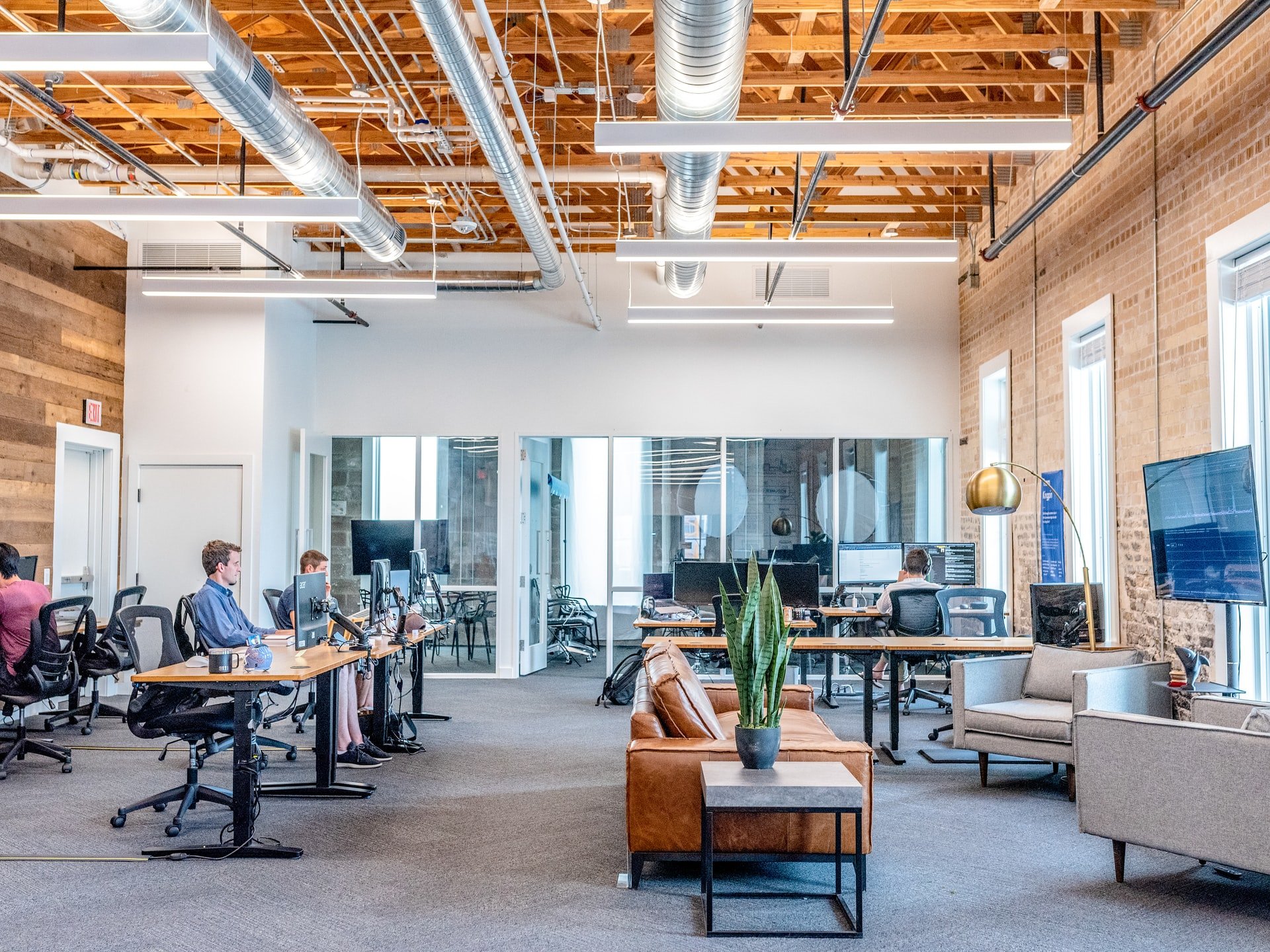
Key Features of Modern ERP Platforms
One of the key considerations you must think about when streamlining your business operations is the adoption of an enterprise resource planning (ERP) system. This type of system helps you integrate all your business processes, tools, and resources for more business resilience, productivity, and agility. For you to achieve this objective, you need to choose the right ERP system. So, one of your main concerns should be how to evaluate an ERP system.
You need to think about the best way to have an effective implementation of an ERP system in a company. There are key features of modern ERP platforms to look out for when choosing your ERP solution, and these features determine the effectiveness of your system when integrating your business processes, departments, human resources, and other tools.
Here are some key features that your ERP system should have.
Cloud-Based Hosting
Although an onsite ERP program functions effectively, it’s a costly investment because you have to install and manage the hardware within your organization. Cloud-based ERP software, on the other hand, eliminates the cost of installing and maintaining the hardware. It also saves you the hassle of constantly updating your ERP system. A cloud-based ERP system offers deployment flexibility, affordability, and scalability, allowing you to enjoy a better return on investment.
Automation and Optimization Capability
The ERP system you choose should automate and optimize all your processes. For instance, it should automate the flow of data between departments and ensure that everyone has access to real-time data. This will speed up your daily operations and improve your overall productivity, and will also eliminate data silos that are likely to cause delays.
Compliance
Because the current business environment is constantly changing, you need an ERP system that will help your business remain compliant with any emerging rules and regulations. A good ERP program will automatically update your system every time the rules change. This will simplify your work of filing taxes and complying with data privacy and industry-related laws.
Full Integration
You’ll need an ERP system that integrates your entire business ecosystem. Most ERPs allow you to connect with external systems like government agencies, ecommerce platforms, banks, customer support programs, and payment gateways. Because your business already has existing systems, the ERP system you choose should be able to seamlessly integrate with them.
Multi-Currency Support
If your business targets international clients, you’ll need a system that supports different currencies. Your ERP should allow you to receive payments from different countries so that you can easily reconcile your financial data. This way, you will be able to manage exchange rates and shift the values of the various currencies and inventory with your ERP system.
Security Features
Make sure your ERP system has the necessary security features to keep your data safe–it should provide secure, role-based access to different functions and data. Furthermore, access to data should be based on individual departments and international operations.
Reporting Features
Your ERP system can help you generate detailed reports, including sales, backlogs, inventory status, balance sheets, cash flow statements, income statements, and other data reports. You will be able to filter and manipulate the reports at the most basic level; for instance, the dashboard should have essential user-access controls.
Lastly, understand that different ERP systems come with different features designed to meet specific business needs. Therefore, you should ensure that the ERP system you choose has all the right features that will meet your business needs.

